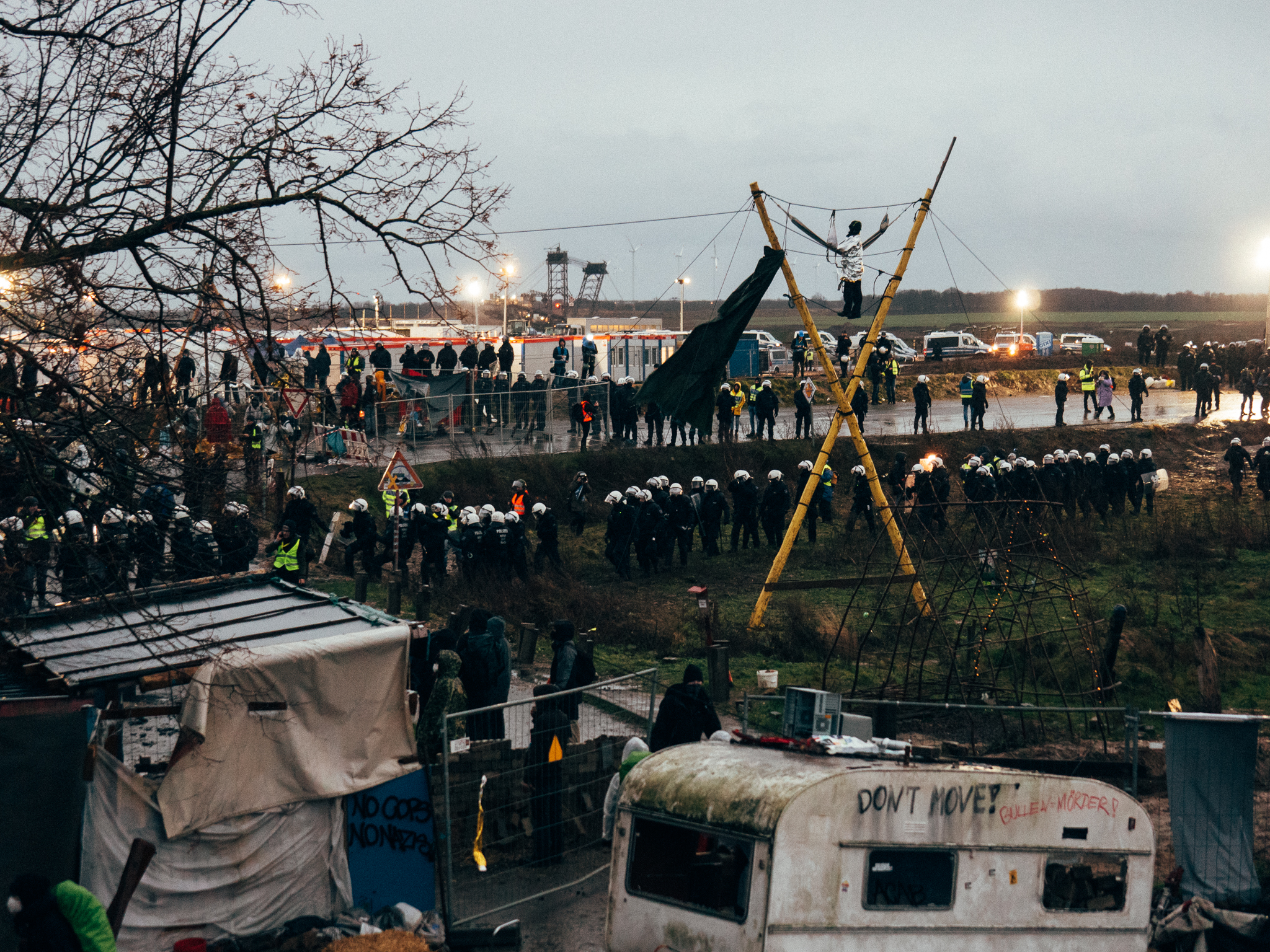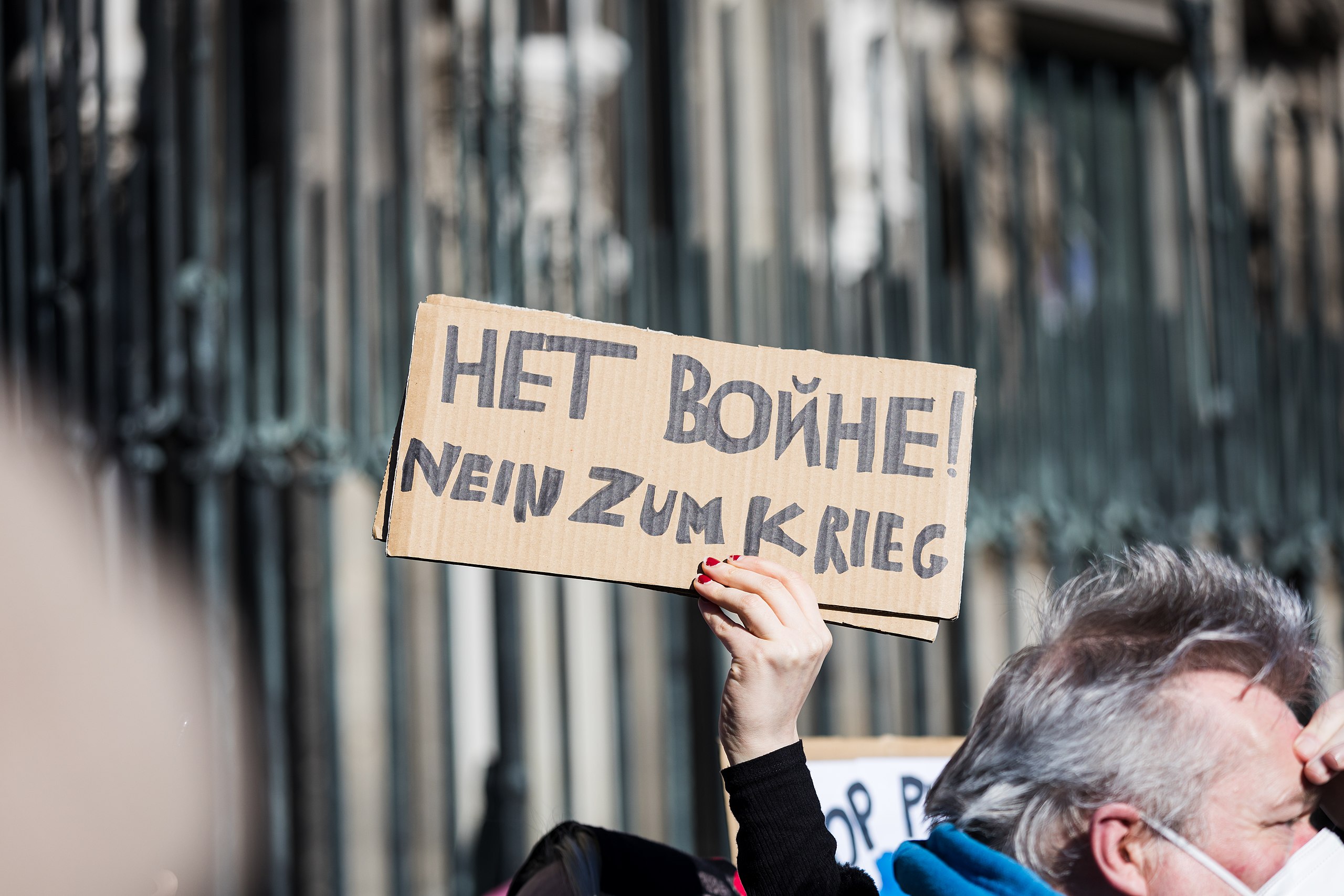Valeria Vegh Weis, Research Fellow at Konstanz Universität and Professor at Universidad de Buenos Aires, will kick off the event series „ipb lecture“. The lecture series features academic presentations focussing on current advances in social movement research. The series is complemented by two more formats: „ipb debate“ brings together social movement scholars, activists, and other speakers to discuss perspectives of developments and challenges that social movements face. „ipb work in progress“, the third format, provides insights into projects that are ongoing or being planned.
The ipb talk with Valeria Vegh Weis on September 28th at 5.00 pm CET, will be a hybrid event. Join us at FU Berlin (Grunewaldstraße 34, 12165 Berlin) or online (send a mail to info@protestinstitut.eu to get the Link).
The presentation will explore the content of the book „Criminalization of Activism“ edited by Valeria and published by Routledge last year. The book draws on a multiplicity of perspectives and case studies from the Global South and Global North to show how protest has been subject to processes of criminalization over time. Contributors are made of up scholars and activists from different disciplinary backgrounds, with a balance between authors from the Global North and the Global South. The introduction by Valeria frames the topic within critical criminology, while also highlighting the possible disciplinary approaches and definitions of criminalization of resistance/activism. The introduction also investigates the particularities of the current times in comparison to dynamics of criminalization in prior stages of capitalism, as well as the connections between historical criminology, indigenous studies, gender studies, critical criminology, southern criminology, and green criminology for a comprehensive understanding of how dissent has been and continues to be the target of the criminal justice system at both sides of the Equator.
The lecture is organized in cooperation with the Collaborative Research Center Intervening Arts.



